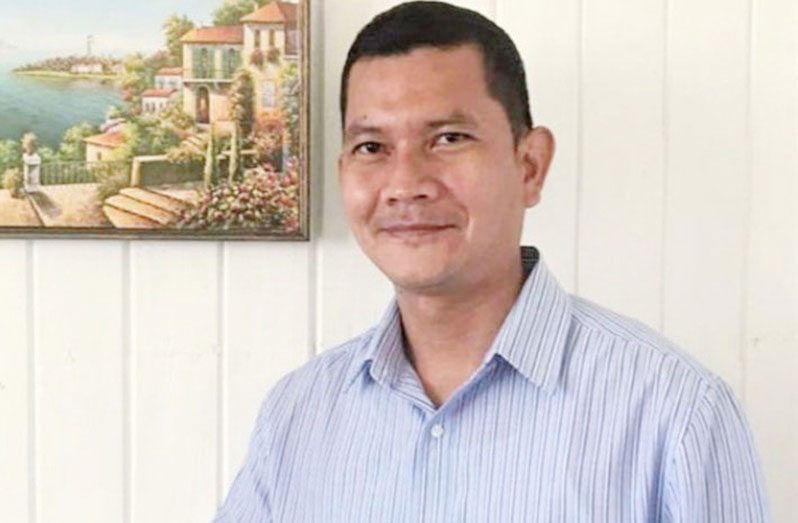TO cater to the needs of school-aged Venezuelan and Amerindian children, the Ministry of Education (MoE) has disclosed its intention to expand its English as a second language programme to 14 more hinterland communities.
This announcement was made by Minister of Education, Priya Manickchand during a media brunch on Monday.
According to Marti DeSouza, Deputy Chief Education Officer (DCEO) with responsibility for Amerindian and Hinterland Education Development, the programme was designed with the idea of providing a smooth learning environment for pupils whose first language is not English.
He noted that this programme will be separate from the English and grammar subjects offered in the primary schools, since the target audience of the initiative will have to learn a completely new language.
DeSouza told the Guyana Chronicle that the teachers in the 14 communities will benefit from a three-month internationally recognised training programme. He stated that upon completion of the programme, all participants will receive certification in being able to teach English as a second language.
“From next year, we are hoping to offer a certificate programme which will be internationally accredited, and we are actually partnering with VoicesGy, which is an NGO. Through VoicesGy, along with NCERD, the teachers will be able to benefit from the training, and we can begin the roll out of the programme into schools across the country,” DeSouza said.
He stated that while the initiative will be available to teachers in the selected communities, the ministry will not exclude other teachers, as migrant children are in schools across the country.
Emphasising the importance of this type of training in the education system, he said that teachers need to be adequately equipped with the necessary skills and resources to cater to the varying needs of learners in the school system.
“This will be available to all teachers, because we found that the migrants are not just in particular regions, but they are moving throughout Guyana, and we want to make it easy for the teachers as they offer education to our children, because the aim of the ministry is to cater to, and meet the needs of all the children in the education sector,” DeSouza said.
OTHER PROGRAMMES
This initiative is one of the many being rolled out in the new year by the education ministry to target the way children experience education.
Minster Manickchand on Monday disclosed plans for the expansion of the Quality Bilingual Education Programme for Wapichan Children (QBEP) come 2022. This programme was designed with the idea of bridging the language gap so as to afford hinterland children the opportunity to learn in their native language.
According to the DCEO, the initiative will see teachers in several communities being trained to teach the ministry’s curriculum in the native tongue. He explained that, as part of that, the ministry will be moving forward with translating text books, its worksheets and other materials from the standard English they are in presently, to the Wapichan language.
He noted that the initiative would improve the way children in the hinterland experience education, adding, “It’s going to be very impactful because we are starting them off young. We are actually teaching them in their mother tongue [and] as they move on eventually through the system gradually break into English. So, instead of having to wait and teach them two languages, it wouldn’t be any pressure to them learning a second language.”



.jpg)









